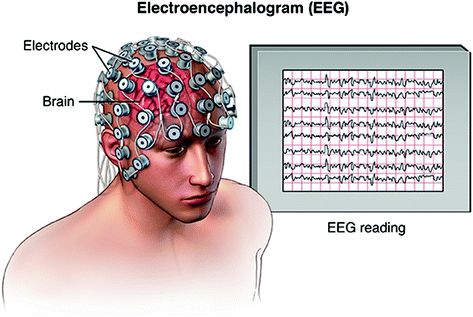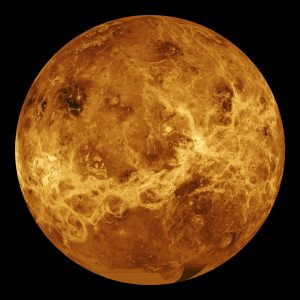
People enjoying music. Image: OmarMedinaFilms on pixabay.com
For as long as it has existed in the world, music has been pleasing generations of people who adore the art form. But, even though many of us listen to music for pleasure, how exactly does music give our brains that pleasure? Until recently, no studies had definitive answers for that question. But, a recent breakthrough study from a group of French neuroscience researchers may have an answer for that question of how music makes us feel good.
What The Study Found
This study differs from previous papers on the same topic by introducing a method of collecting information not used before in this type of research: electroencephalograms (EEGs). EEGs are a collection of sensors attached to a person that is used to monitor a person’s specific brain activity. Below is a short video explaining how the technology works. The study used EEG technology to monitor 18 participants who were monitored for a baseline reading before being given headphones with preselected music that the participant had chosen based on what gives them chills.

Past research on the topic had already illuminated the possibility of good music affecting human reward centers in the brain, similar to how eating good food or having sex activates human reward centers. But this study was the first to actually monitor some of these reward centers activating in the brain in response to music.
When participants listened to a song that gave them the chills, the scientists conducting the study found that there was a significant increase in theta-waves in certain parts of the brain associated with emotional processing. These patterns of theta-waves, which are normal oscillating brain activity, indicate that the brain starts emotionally processing music once it starts to recognize it. In addition to these theta-waves, the study also states that dopamine (a hormone that is associated with pleasurable experiences) is released in the brain in response to hearing music. These two responses combine in the brain to produce, among other things, the effect of having chills.

Diagram of what an EEG and EEG reading looks like. Image credits: springer.com article “Electroencephalogram (EEG) and Its Background”
So why do our brains do this?
While this study has greatly illuminated the processes that occur in the brain in response to music, there is still not much that is known as to why these processes occur in the first place.
Some of the scientists who conducted this study have noted how interesting it is that music activates our reward centers yet it provides no visible evolutionary advantage that could have led to us evolving this response through natural selection.
Many scientists have theorized what purpose music could have played in our ancestral lives, or if it even played any role at all. It is entirely possible that music was created to exploit existing human reward systems similar to how drugs and junk-food exploit evolved-human reward systems from our ancestral lives. But until more research is done on this topic, we cannot conclude why music gives us the chills.
– Ryan Reiss



